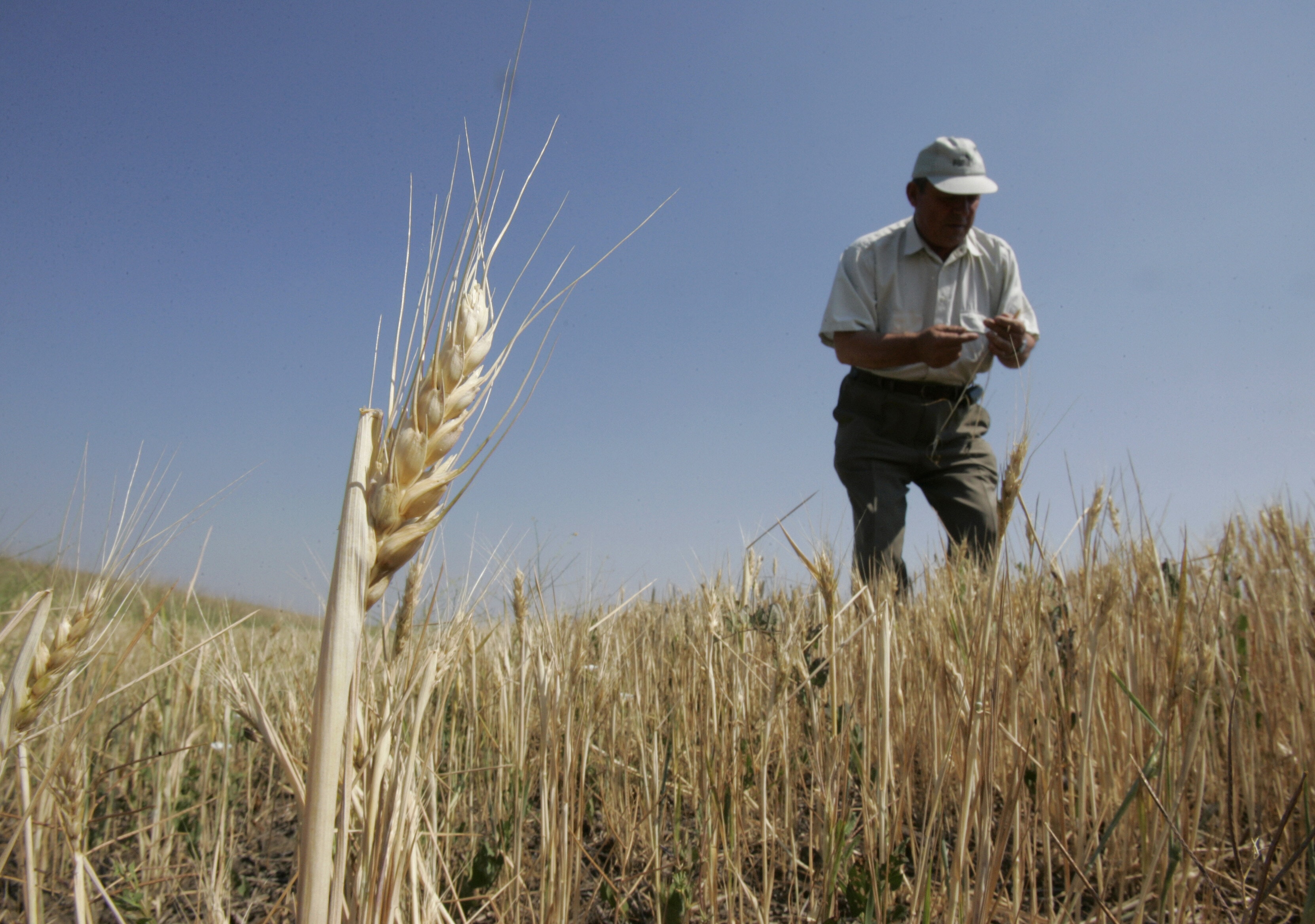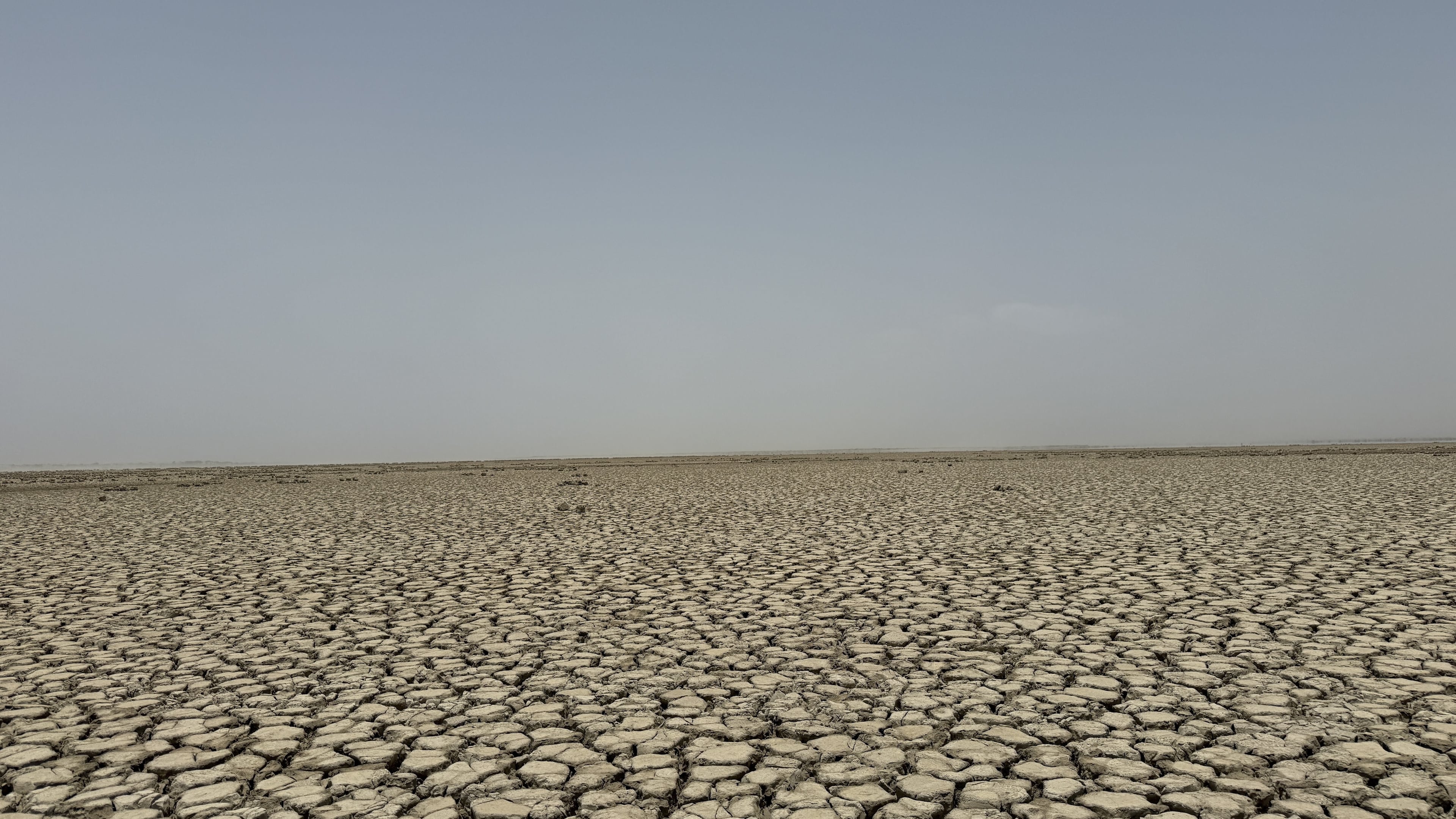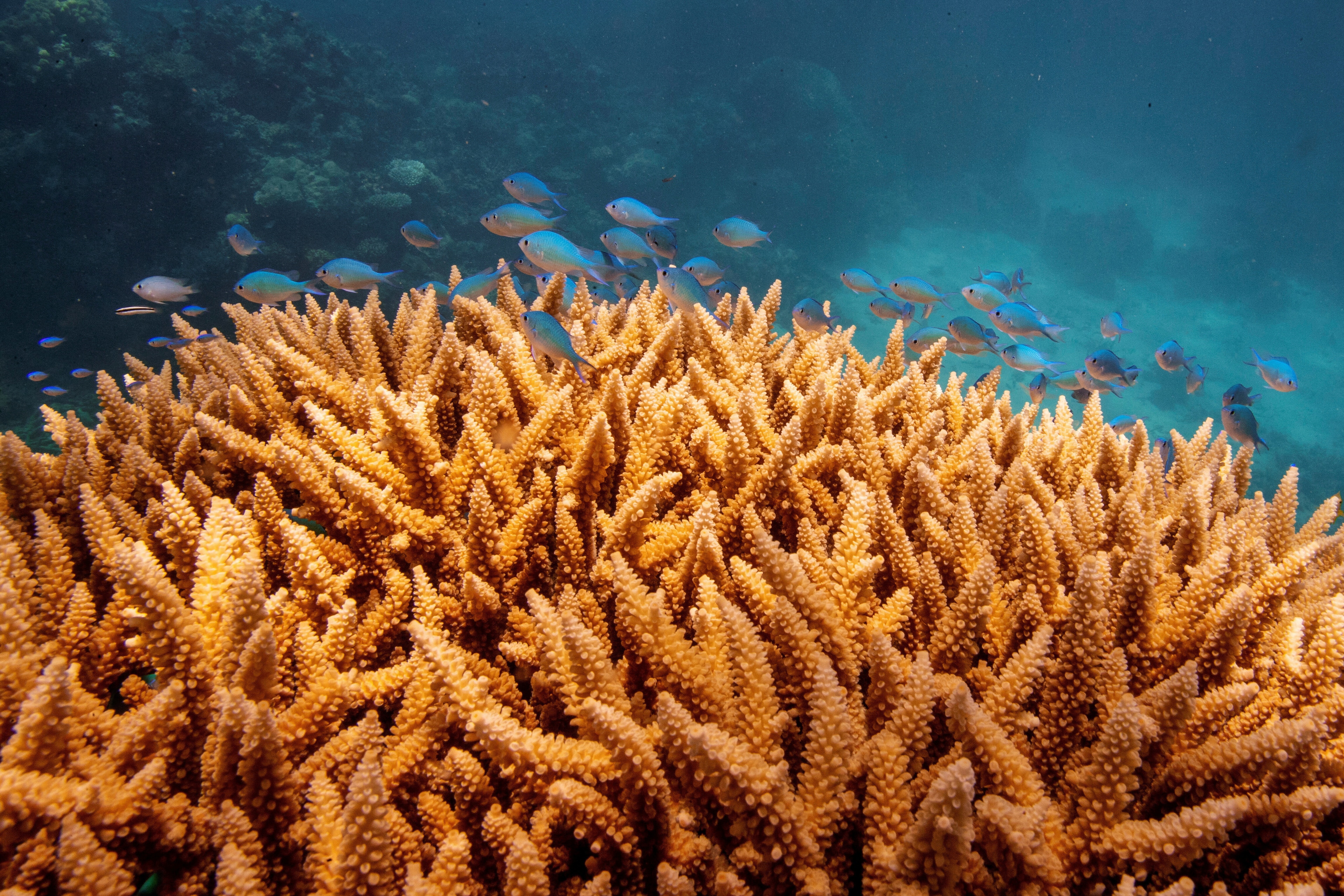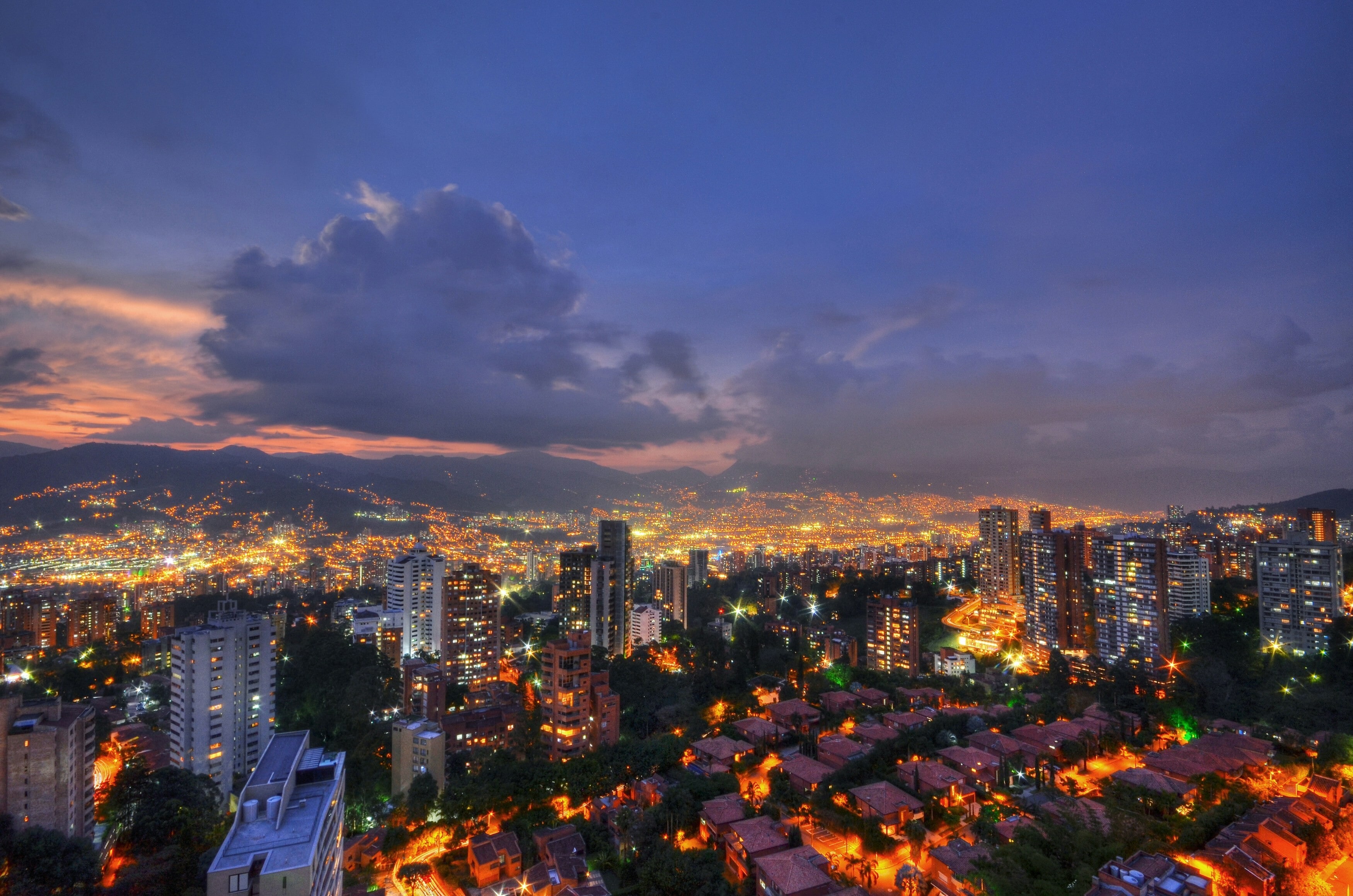This is how Japanese youth view climate change today

Japanese youth are adding their voices to the tide of young people across the globe demanding change.If the voices of children and youth are heard, change will accelerate.
Image: Unsplash/Matt Palmer
Stay up to date:
Japan
Listen to the article
- Pressure to act on the climate crisis is building among Japanese youth.
- They are beginning to exert influence domestically and at international forums like COP27.
- Japan's younger generation must be fully integrated into climate policy-making decisions.
- Read the blog in Japanese here.
As the world becomes increasingly aware of climate change, there is growing interest in sustainability, especially among the younger generation who will live to face the challenges in the next part of the 21st century. A survey of 6,800 consumers aged 15-69 in Japan about attitudes toward sustainability found that many consumers of all generations are open to paying a premium for sustainable products. What is noteworthy, however, is the flexibility on price. Generation Z have the highest tolerance for paying more, with 20% that would consider paying double – which is 2.5 to 10 times more than other generations.

Japanese youth mobilizing
Youth activism to demand more concrete action on climate change from the government and business is also gaining momentum. Youth Climate Conference Japan, which provides a forum for young people to talk about the climate crisis, has exchanged views with the government, major political parties, Japan Business Foundation, and has made the voices of young people visible in the form of policy proposals such as the regulation of plastic packaging and compulsory emissions labelling on food by 2025. The fact that the new generation will be the most affected by climate change, yet policy decision-makers are much older, creates a huge gap in society's ability to address the crisis, according to one of the steering members of Youth Climate Conference Japan.
In addition, Global Climate Action, in which young people from around the world appealed for stronger measures against global warming, was organized around Japan to coincide with the UN General Assembly in September, with about 400 young people participating in demonstrations in the streets. At this protest, the first youth climate one in three years due to the spread of COVID-19, young people expressed their urgent desire to address the climate crisis, saying: "It is now or never to stop climate change" and "We can reshape our future.” One university student who is part of the Fridays For Future's movement in Japan, which was inspired to take action by Greta Thunberg's school strike in Sweden, said she hopes the Japanese government will take more concrete action against its stance of maintaining coal-fired power production.
Next-generation leaders at COP27
With young people around the world speaking out against climate change more than ever before, global youth are taking a seat at COP27 in Egypt for the first time ever. Designed to amplify children and youth voices within global climate policy-making, the COP27 Children and Youth Pavilion in Egypt is positioned front and centre in the Blue Zone and is entirely led by young people.
Japanese high school and university students also participated in COP27. Suzuka Nakamura and Daiki Yamamoto, who have also been involved in Fridays For Future, are making a film at the conference, saying: "We now want to not only appeal, but also listen to people from various standpoints and send out messages.” The two students, who have continued to raise their voices on the streets and in the National Diet, admit that: “We feel weighed down by the fact that we were expected to play a role in solving climate change simply because we are young.” Their new project, entitled record 1.5, is a documentary that will chronicle the voices and actions of young people, environmental activists and local people from around the world gathering at COP27. Through these recordings, they hope to share the sense of urgency that those affected by climate change victims have for creating a foundation for dialogue toward essential solutions.
Involving children and youth in decision-making
As our planet faces a critical situation due to climate change, the world needs to take seriously the fact that young people are speaking out and taking action to challenge adults' response to climate change.
What’s the World Economic Forum doing about climate change?
Japan is on the path to carbon neutrality, with an interim goal of reducing greenhouse gas emissions by 46% compared to 2013 levels by 2030. According to the Ministry of the Environment and the Ministry of Economy, Trade and Industry, 797 local governments and more than 200 companies have declared their commitment to net zero emissions by 2050, and the public and private sectors are working together to achieve this goal. As the voices of children and youth are incorporated into these efforts, change will accelerate. Given that young people are powerful agents of change, it is hoped that a system will soon be in place to enable their participation in all decision-making processes related to climate change.
Don't miss any update on this topic
Create a free account and access your personalized content collection with our latest publications and analyses.
License and Republishing
World Economic Forum articles may be republished in accordance with the Creative Commons Attribution-NonCommercial-NoDerivatives 4.0 International Public License, and in accordance with our Terms of Use.
The views expressed in this article are those of the author alone and not the World Economic Forum.
Forum Stories newsletter
Bringing you weekly curated insights and analysis on the global issues that matter.
More on Climate ActionSee all
Tom Crowfoot
August 14, 2025
Sikander Bizenjo and Eric Shahzar
August 14, 2025
Tom Crowfoot
August 12, 2025
Luis Antonio Ramirez Garcia
August 11, 2025




